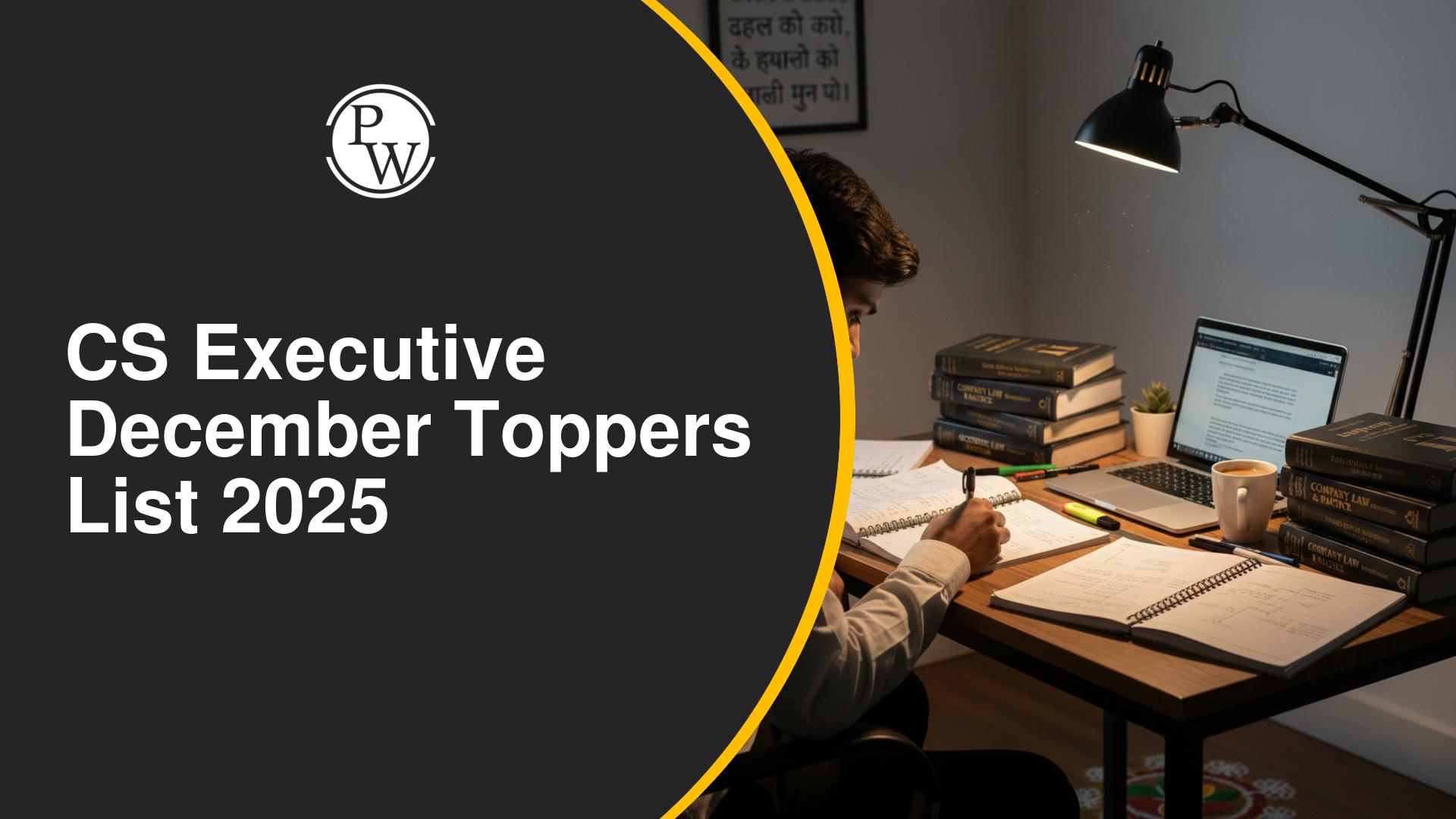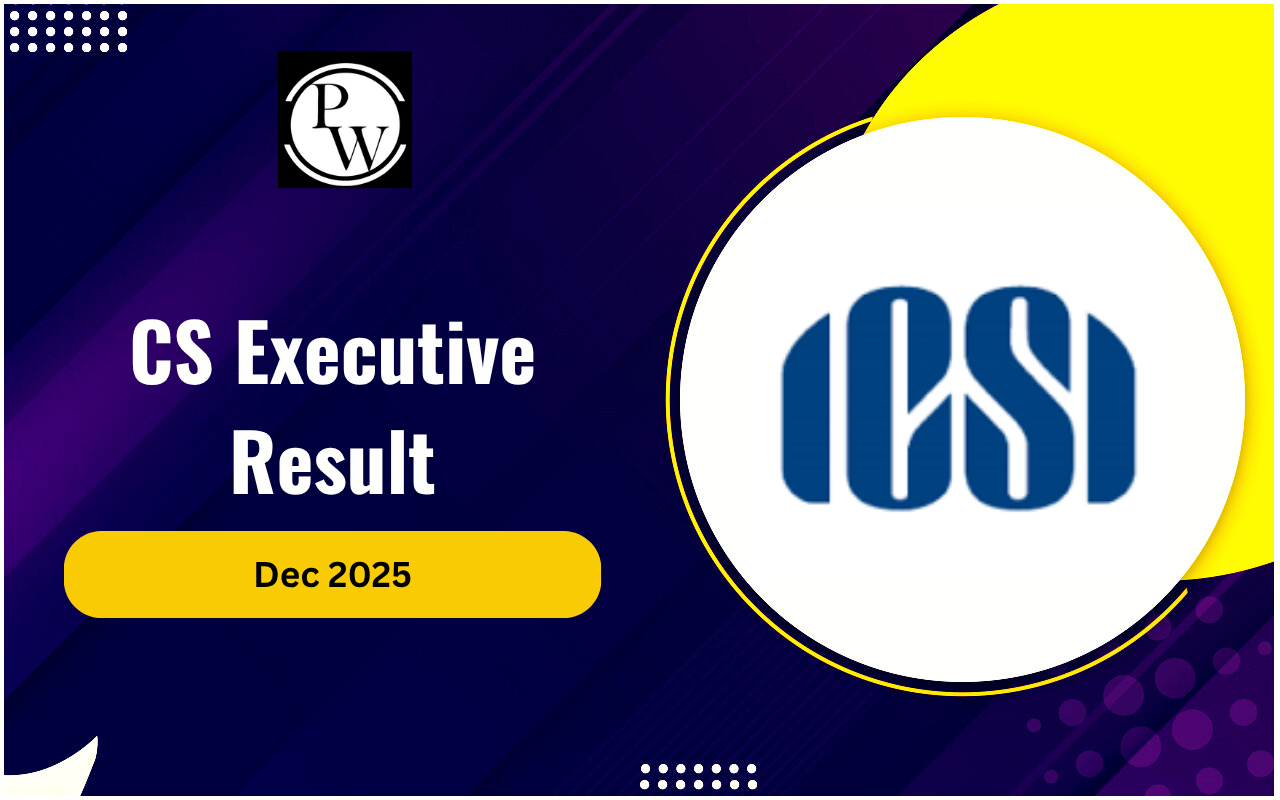
Negotiable instruments play a vital role in the commercial world, facilitating transactions and ensuring the smooth flow of money. The Negotiable Instruments Act, 1881, governs the use and regulation of these instruments in India. This article delves into the key aspects of negotiable instruments, including their definition, classification, differences between bills of exchange and promissory notes, payment in due course, overdue and stale cheques, holders in due course, negotiation of lost or unlawfully obtained instruments, presentment for acceptance, and dishonor by non-payment.
Introduction
Negotiable instruments are essential tools in trade and commerce, providing a convenient and efficient means for settling transactions. The law governing these instruments ensures their reliability and enforceability, thereby fostering trust in financial dealings. The Negotiable Instruments Act, 1881, is the primary legislation in India that outlines the legal framework for negotiable instruments such as promissory notes, bills of exchange, and cheques.Definition of a Negotiable Instrument
A negotiable instrument is a written document that guarantees the payment of a specified amount of money either on demand or at a future date. The key characteristics of a negotiable instrument are that it is freely transferable by delivery or by endorsement and delivery, and the transferee obtains the title free from any defects, provided they are a holder in due course.Classification of Negotiable Instruments
Negotiable instruments can be broadly classified into three categories:- Promissory Notes : A written promise by one party to pay a certain sum of money to another party on demand or at a specified future date.
- Bills of Exchange : A written order from one party directing another party to pay a specified sum of money to a third party on demand or at a future date.
- Cheques : A bill of exchange drawn on a specified banker and payable on demand.
Distinction between Bill of Exchange and Promissory Note
While both bills of exchange and promissory notes are negotiable instruments, they have distinct characteristics:-
Promissory Note
:
- A promissory note involves two parties: the maker (who promises to pay) and the payee (to whom the payment is made).
- It is an unconditional promise to pay a specified amount of money.
-
Bill of Exchange
:
- A bill of exchange involves three parties: the drawer (who makes the order to pay), the drawee (who is directed to pay), and the payee (to whom the payment is made).
- It is an unconditional order to pay a specified amount of money.
Payment in Due Course
Payment in due course refers to payment made in good faith and without negligence, to the holder of a negotiable instrument. The payment must be made at or after the maturity of the instrument, and the payer must ensure the validity of the instrument and the holder’s right to receive the payment. This protects the payer from any further claims on the instrument.Overdue, Stale or Out-of-date Cheques
A cheque becomes overdue when it is not presented for payment within a reasonable time after its issuance. Cheques that are not presented within three months from the date of issue are considered stale or out-of-date and may be dishonored by the bank. It is important to present cheques promptly to avoid complications.Holder in Due Course
A holder in due course (HDC) is a person who has acquired a negotiable instrument for value, in good faith, and without notice of any defects in the title of the person from whom it was acquired. An HDC enjoys certain privileges, such as immunity from defenses that could be raised against previous holders and the right to claim the amount mentioned in the instrument.Negotiation of Lost Instrument or that Obtained by Unlawful Means
If a negotiable instrument is lost or obtained by unlawful means, the rightful owner can still enforce payment, provided they can prove their ownership. However, if the instrument is negotiated to an HDC, the HDC’s rights take precedence, and they can claim payment without any defenses from the previous holder’s title issues.Presentment for Acceptance When Excused
Presentment for acceptance is the process of presenting a bill of exchange to the drawee for their acceptance. This is necessary to establish the drawee’s liability. Presentment can be excused in certain circumstances, such as when the drawee is dead, bankrupt, or if presentment cannot be made despite reasonable efforts. In such cases, the holder can proceed to enforce the instrument without formal acceptance.Dishonour by Non-payment
Dishonour by non-payment occurs when the party responsible for paying the negotiable instrument fails to do so upon maturity. This dishonor entitles the holder to seek recourse against the drawer, endorsers, or other parties liable on the instrument. The holder must provide notice of dishonor to these parties to preserve their right to recover the amount due.Conclusion
The law relating to negotiable instruments is integral to the smooth functioning of commerce and finance. Understanding the definition, classification, and key concepts such as payment in due course, holders in due course, and the negotiation of lost instruments is essential for anyone involved in financial transactions. The Negotiable Instruments Act, 1881, provides a comprehensive legal framework that ensures the reliability and enforceability of these instruments, thereby fostering confidence and trust in financial dealings.Negotiable Instruments FAQs
What is a Negotiable Instrument?
A Negotiable Instrument is a written document guaranteeing the payment of a specific amount of money, either on demand or at a future date. It is freely transferable by delivery or by endorsement and delivery.
What are the main types of Negotiable Instruments?
The main types of Negotiable Instruments are promissory notes, bills of exchange, and cheques.
How does a Bill of Exchange Differ from a Promissory note?
A Promissory note involves two parties and is an unconditional promise to pay, while a bill of exchange involves three parties and is an unconditional order to pay.
What does "Payment in Due Course" mean?
Payment in due course refers to payment made in good faith, without negligence, and at or after the maturity of the instrument, ensuring the payer's protection from further claims.
What happens if a Cheque Becomes Stale?
A cheque becomes stale if not presented within three months from the date of issue. It may be dishonored by the bank, leading to complications in payment.
Talk to a counsellorHave doubts? Our support team will be happy to assist you!

Free Learning Resources
PW Books
Notes (Class 10-12)
PW Study Materials
Notes (Class 6-9)
Ncert Solutions
Govt Exams
Class 6th to 12th Online Courses
Govt Job Exams Courses
UPSC Coaching
Defence Exam Coaching
Gate Exam Coaching
Other Exams
Know about Physics Wallah
Physics Wallah is an Indian edtech platform that provides accessible & comprehensive learning experiences to students from Class 6th to postgraduate level. We also provide extensive NCERT solutions, sample paper, NEET, JEE Mains, BITSAT previous year papers & more such resources to students. Physics Wallah also caters to over 3.5 million registered students and over 78 lakh+ Youtube subscribers with 4.8 rating on its app.
We Stand Out because
We provide students with intensive courses with India’s qualified & experienced faculties & mentors. PW strives to make the learning experience comprehensive and accessible for students of all sections of society. We believe in empowering every single student who couldn't dream of a good career in engineering and medical field earlier.
Our Key Focus Areas
Physics Wallah's main focus is to make the learning experience as economical as possible for all students. With our affordable courses like Lakshya, Udaan and Arjuna and many others, we have been able to provide a platform for lakhs of aspirants. From providing Chemistry, Maths, Physics formula to giving e-books of eminent authors like RD Sharma, RS Aggarwal and Lakhmir Singh, PW focuses on every single student's need for preparation.
What Makes Us Different
Physics Wallah strives to develop a comprehensive pedagogical structure for students, where they get a state-of-the-art learning experience with study material and resources. Apart from catering students preparing for JEE Mains and NEET, PW also provides study material for each state board like Uttar Pradesh, Bihar, and others
Copyright © 2026 Physicswallah Limited All rights reserved.









